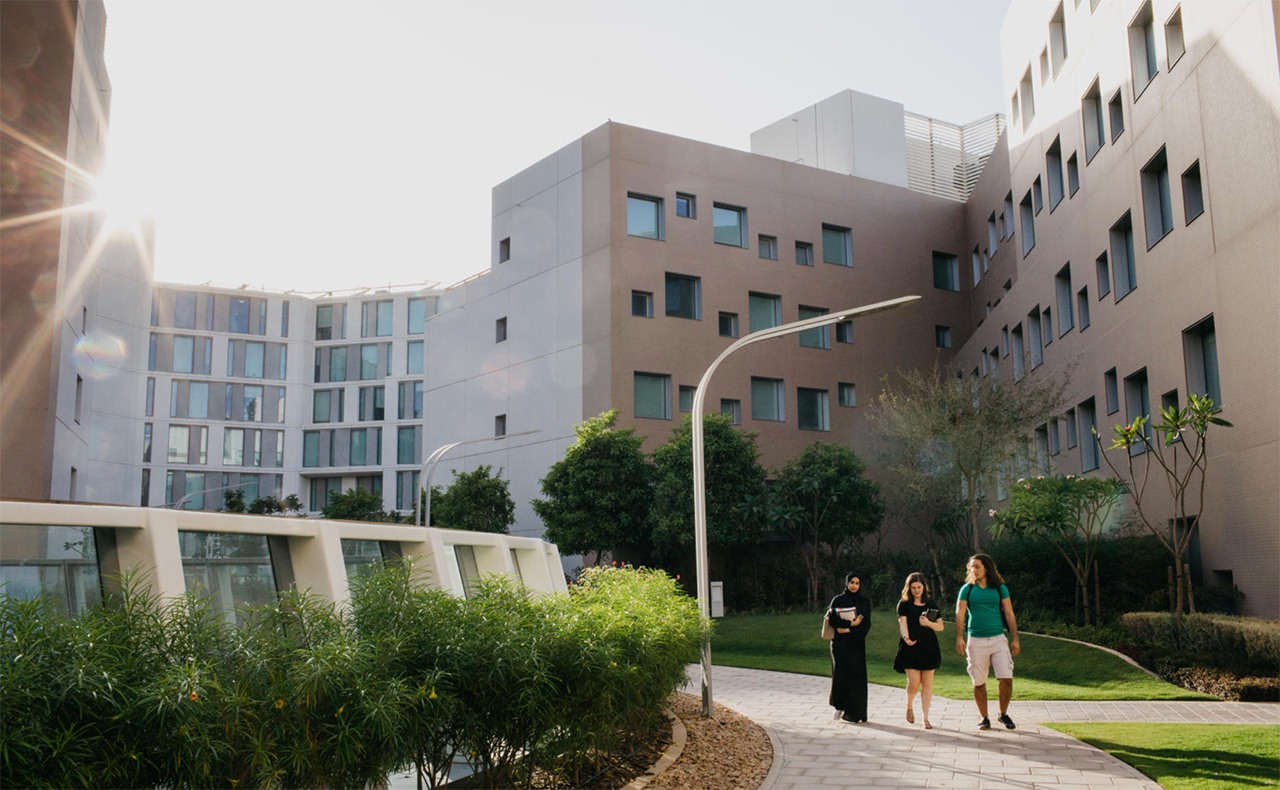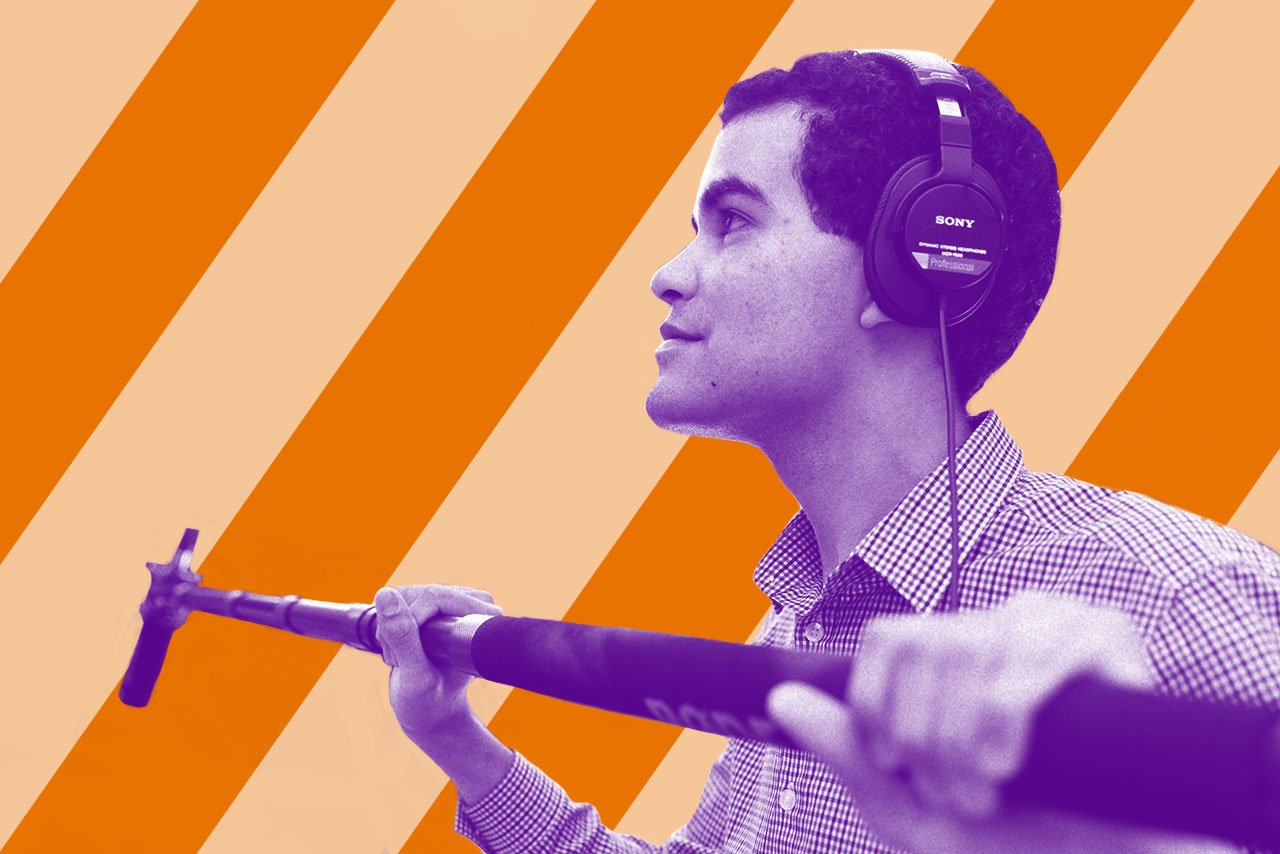A global pandemic, economic upheaval, and social unrest. Every headline and notification undeniably points to our living in unprecedented times. But while things are uncertain, nothing happens in a vacuum, and little is unique in the course of history. Enter History in the Headlines, an NYU history course that is part of the Big Ideas course series. Together, students and professors in this course seek to contextualize current events by looking to the past. Created by professors David Ludden and Tim Naftali, the two-credit class takes students beyond clickbait to better understand our society and our world—and plan for a brighter future.
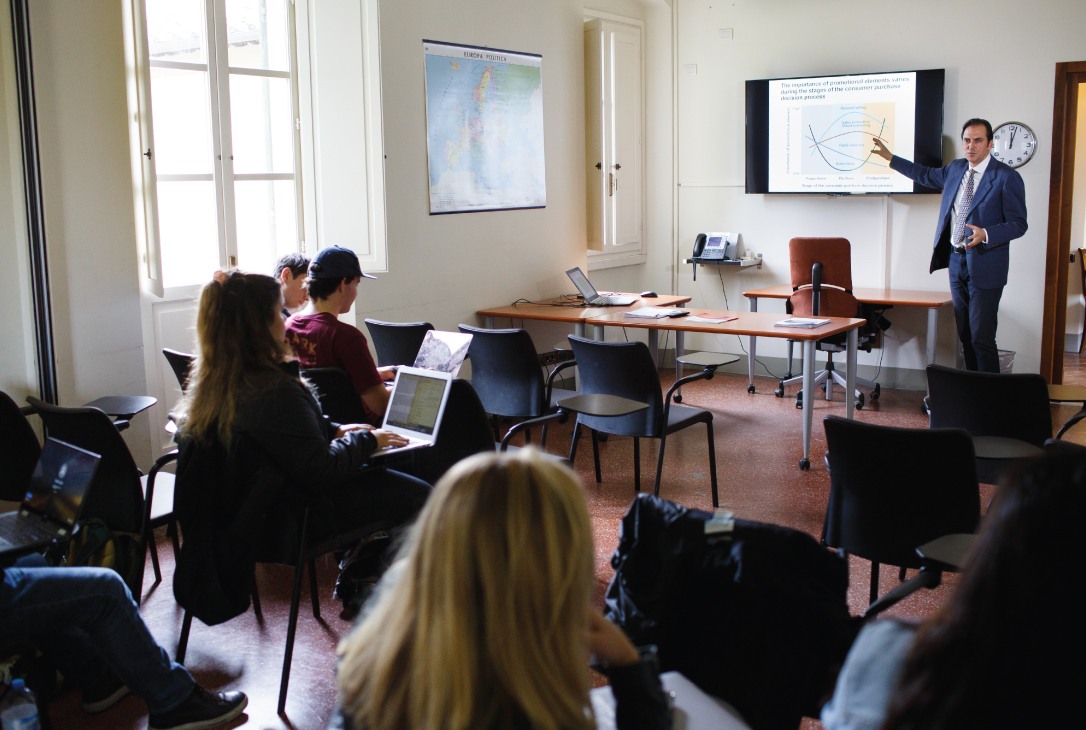
A History of History in the Headlines
“Can looking at previous eras in world history provide a GPS for unsettling times?”—Professor Tim Naftali
After the 2016 election, Naftali, a CNN presidential expert, sought to contextualize the presidency. And he saw his colleagues and students looking to do the same. “David [Ludden] and I wanted to introduce students to the ways in which historians use their knowledge of the past to contextualize what we read about this country and the world every day,” he says. “It’s not only about understanding the nature and magnitude of various crises. It’s also about planning pathways beyond them. Accordingly, we need to ask, ‘Can looking at previous eras in world history provide a GPS for unsettling times?’”
So, in January 2017, History in the Headlines was born at the New York City campus. The course features a different specialty lecturer every week, including cross-disciplinary scholars and historians. What’s more, the course has spread across NYU’s global network, since the world’s histories are inextricably linked. And this fall, Professor Martin Klimke will bring the course to NYU Abu Dhabi. There, scheduled speakers include a biologist, a legal expert, and an economist. Each 75-minute class focuses on a current key issue in the context of what’s happened before it. Upcoming lectures include “The Black Lives Matter Movement in Historical Perspective” and “Environmental Challenges in the Middle East.”
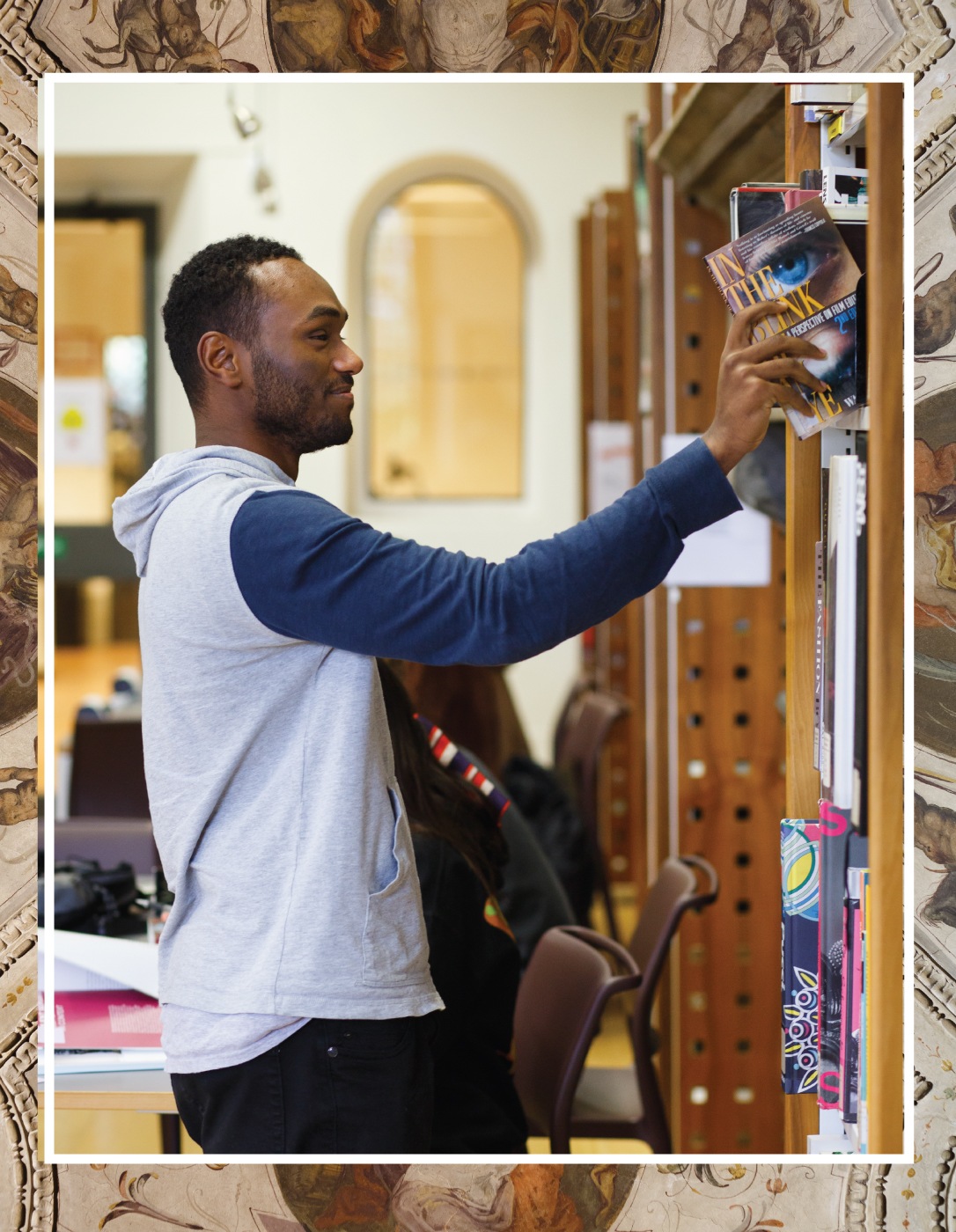
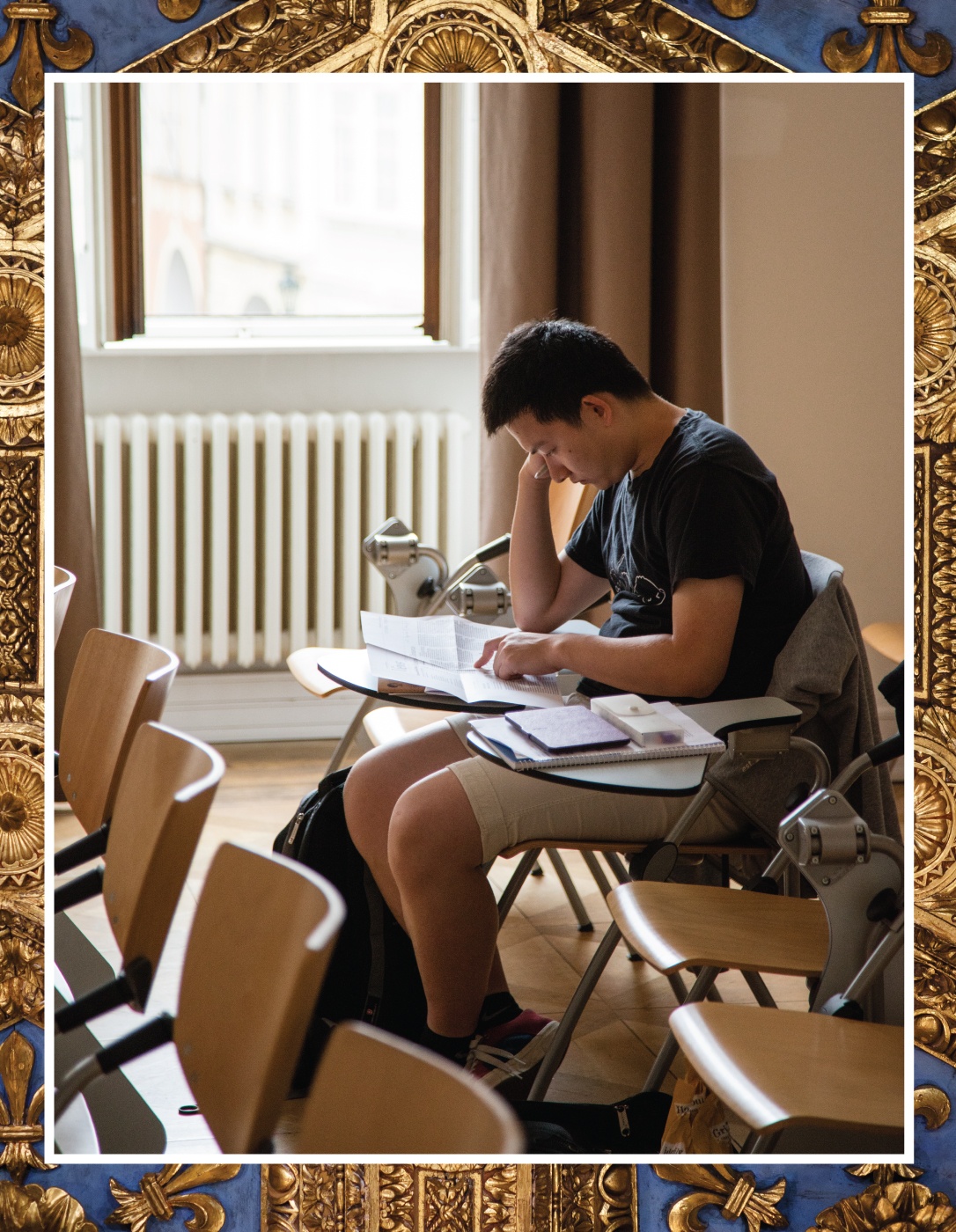
Global Perspectives on History
The course has now been taught in New York City and at multiple NYU locations abroad, including NYU Prague and NYU Florence. Alice Berlin, a rising junior at Stern, took the course while studying at NYU Prague. At the time, her goal was to develop a more nuanced understanding of Czech history. “Taking this course abroad gave me a whole new perspective on the world. Specifically, I learned how major decisions and world events affect smaller countries that aren’t world players and how decisions across the world resonate,” she explains.
“For example, I learned how Brexit inspired similar movements in Central Europe, including the Czech Republic, leading to a possible ‘Czexit.’ Additionally, in a lecture about misinformation, I learned that the prime minister of the Czech Republic runs a company that owns the country’s two largest news sources. So he can influence what gets published—something we’re starting to see in the United States. Discussing the effects of trends and themes in the course and then seeing them in real time, as we lived in and explored Prague, was amazing.”

History in the Future
NYU Abu Dhabi’s student body represents 112 countries, with faculty from 50 nationalities. For this reason, it offers a unique opportunity to bring diverse perspectives to this NYU history course. “Here, the U.S. frames of reference simply don’t apply, challenging students and teachers alike. By bringing this class to NYU Abu Dhabi, we’re figuring out how we can capitalize on NYU’s global infrastructure to inspire global discussions. History is with us every day, and we’re saying, ‘The past is the present in all areas of the world.’ We’re recontextualizing the course in a new locale and asking new questions. NYU is wonderfully suited to inspire a conversation like this,” says Klimke.
Plans are already in the works to bring the course, with an expanded roster of experts from various fields, to NYU Shanghai in the 2021–2022 academic year. “The great thing about NYU is that you can be in New York City, Abu Dhabi, or Shanghai, but when you turn on your Wi-Fi, it still says ‘NYU,’” says Klimke. “Here, you’re truly part of a global community.”

